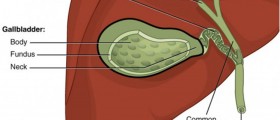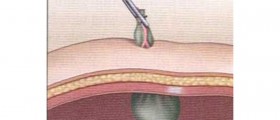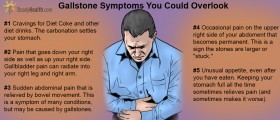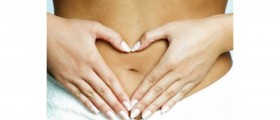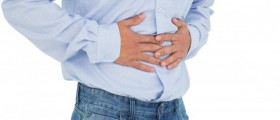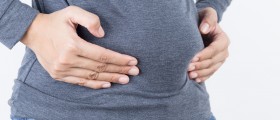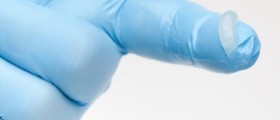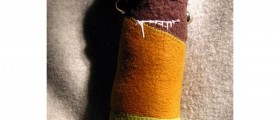I had gall bladder surgery 24 days ago. I am still dealing with constipation, diarrhea, watery substance AND I can't breathe deep. It hurts in the area where the gall bladder use to be. I am worse off than I was before surgery considering I had no pain but a large stone. I have ebeen back to my medical dr. who says to try to eat different things. I eat vegetables, some fruit, soup, and very little meat. If I belch long enough, I finally can breathe once in a while. There must be a better answer!
Loading...
Hi.
Recovering from gallbladder surgery can sometimes be a challenging process, and it seems you're experiencing a few complications that are understandably causing you concern. It's important to keep in mind that everyone's body reacts differently to surgery, and what you're experiencing might be part of your body's unique response to the procedure.
Constipation, diarrhea, and changes in bowel habits are not uncommon after gallbladder removal. This is because the gallbladder plays a role in digesting fats, and its removal can initially disrupt your digestive system. Your doctor's advice to try eating different things is aimed at finding a diet that your body can handle better post-surgery. It's often recommended to eat a low-fat diet and gradually reintroduce different foods to see how your body responds.
The pain and difficulty in breathing you describe, however, are more concerning. Pain in the area where your gallbladder was located and trouble taking deep breaths should not be taken lightly. While some postoperative pain is normal, the persistence and nature of your symptoms suggest that it would be wise to seek further medical evaluation.
It's possible that the pain and breathing difficulties could be related to the way your body is healing, or they might be signs of a complication such as an infection or an issue with the surgery itself. It's important not to delay seeking further medical attention, especially given the severity of your symptoms.
In the meantime, continue to monitor your diet as recommended, keep track of your symptoms, and make sure to provide your healthcare provider with all this information. This will help them in making an accurate diagnosis and recommending the best course of action for your recovery.
Loading...




